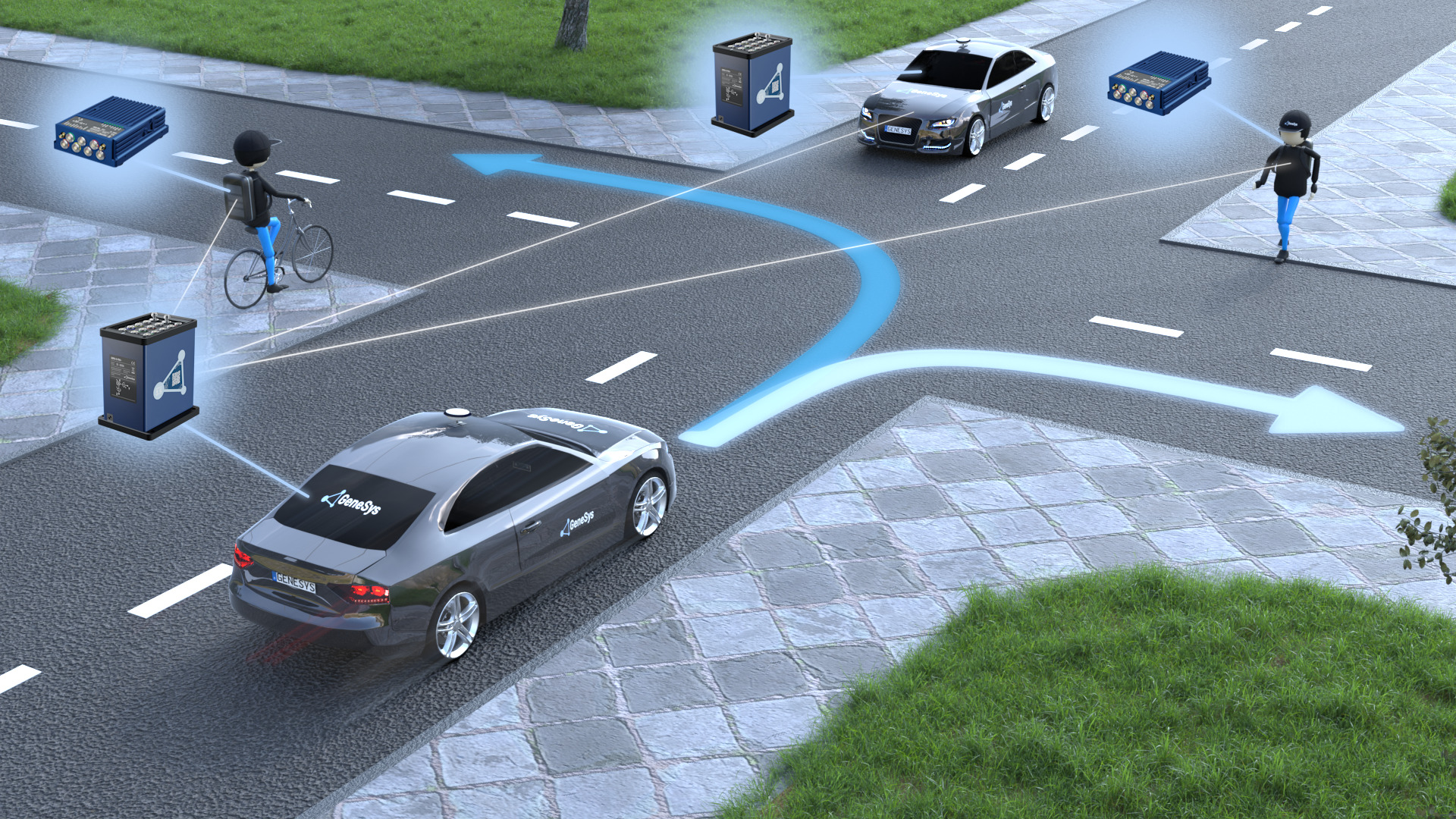JIS D0207 Automotive Glass Recognition Sensor Testing
The JIS D0207 standard is a Japanese Industrial Standard that specifies the testing methods and acceptance criteria for automotive glass recognition sensors. These sensors play an increasingly critical role in modern vehicles, particularly those equipped with advanced driver assistance systems (ADAS) such as lane departure warning, adaptive cruise control, and automatic emergency braking.
Automotive glass recognition sensors are designed to detect and analyze the environment outside a vehicle through its windows. They use various technologies including radar, lidar, and camera-based systems to identify objects, pedestrians, obstacles, and road conditions. The performance of these sensors is paramount for ensuring safe and reliable operation in complex driving scenarios.
The JIS D0207 testing protocol aims to evaluate the sensor's ability to accurately recognize and differentiate between various elements within its field of view. This includes distinguishing between static objects (like buildings or trees) and dynamic ones such as moving vehicles, cyclists, and pedestrians. The test procedure ensures that sensors meet stringent performance requirements under a variety of environmental conditions.
Testing involves placing the sensor in controlled environments simulating real-world driving situations. Specimen preparation typically involves calibrating the sensor to specific parameters set forth by JIS D0207, which include angle of view, resolution, and sensitivity settings. The testing apparatus used may vary but often includes a series of targets placed at different distances and angles.
During the test, data is collected on how effectively the sensor can identify and classify objects within its detection range. Key performance indicators (KPIs) measured include recognition accuracy, false alarm rates, and reaction times. Reporting involves detailed documentation of these metrics alongside any deviations from specified standards.
The importance of this testing cannot be overstated given the critical role that automotive glass recognition sensors play in enhancing vehicle safety and reducing accidents. Compliance with JIS D0207 ensures that manufacturers can achieve high levels of reliability and accuracy, thereby contributing to safer roads for all road users.
- Why Choose This Test: Ensures compliance with international standards
- International Acceptance and Recognition: Widely recognized across Asia-Pacific regions
Why It Matters
The significance of JIS D0207 testing lies in its direct impact on automotive safety. By adhering to this standard, manufacturers can ensure that their recognition sensors are capable of operating reliably under a wide range of conditions. This is crucial because even minor failures or inaccuracies could lead to hazardous situations.
Accurate sensor performance enhances the effectiveness of ADAS features, which rely heavily on robust data from these sensors. Improvements in sensor technology driven by rigorous testing help pave the way for more advanced autonomous driving capabilities. As vehicle connectivity and intelligence continue to evolve, precise recognition becomes even more vital.
In summary, JIS D0207 testing is essential not only for meeting regulatory requirements but also for advancing automotive safety technologies that benefit consumers worldwide.
Why Choose This Test
- Ensures compliance with international standards
- Maintains consistent quality across production batches
- Identifies potential issues early in the development process
- Supports continuous improvement of sensor technology
Selecting JIS D0207 testing offers several advantages for automotive manufacturers. Firstly, it guarantees adherence to recognized international standards, which is crucial for global market access. Secondly, consistent quality across different production runs can be maintained through this rigorous evaluation process. Early identification of problems during development helps in making necessary adjustments promptly, leading to better products faster.
Moreover, continuous improvements in sensor technology are fostered by ongoing testing against these stringent criteria. This ensures that innovations are thoroughly vetted before being implemented into actual vehicles, ultimately enhancing overall vehicle safety and performance.
International Acceptance and Recognition
The JIS D0207 standard has gained significant traction within the automotive industry, particularly in Asia-Pacific regions. Its widespread adoption reflects its reliability and effectiveness in evaluating recognition sensors used in vehicles.
Around the world, many countries have integrated JIS D0207 into their own testing protocols due to its reputation for accuracy and robustness. This international acceptance underscores its importance as a benchmark for quality assurance.
Recognizing the value of this standard, several major automotive manufacturers and suppliers have incorporated it into their certification processes. The global recognition of JIS D0207 highlights its significance in promoting safer vehicles globally.





